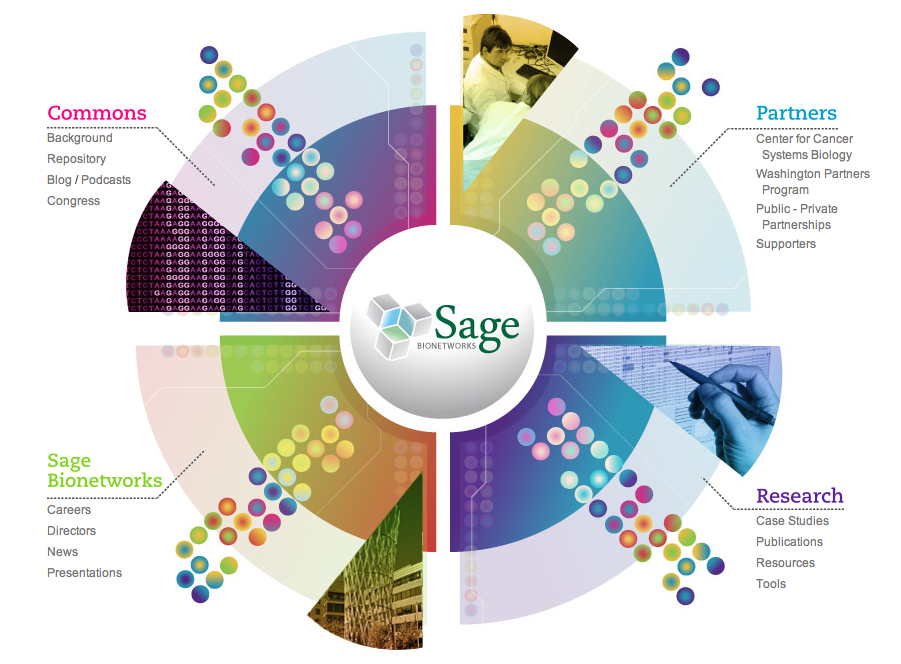SUMMARY of today’s session:
Opening remarks -
by François Taddei, Frédéric Dardel, Claudie Haignere, Ariel Lindner
Lee Hartwell –
Teaching the teachers in a new information era
Having received a Nobel
Prize for his work on cell cycle checkpoints, Lee has been an early
advocate for personalized medicine
and at Arizona
State University is pioneering science teacher training. Three steps for
teaching science to non-science majors (whether students or teachers of students):
INTEREST ->
MOTIVATON ->SKILLS
Too often traditional education focuses on the Skills part,
at the cost of Interest and Motivation, which in the end undermines acquisition
of Skills.
Nathalie Kuldell– Teaching and Learning with imperfect learning machines: Using synthetic
biology for teaching students and teaching teacher.
Nathalie has been using Synthetic Biology to engage students
in biological engineering, and now is using the same techniques, through the
online BioBuilder.org platform, for
teaching teachers. The platform has three main elements: 1. Online content,
including explanatory animations. 2. Activities for both the lab and the
classroom. 3. A space for sharing data, results, practices, ideas.
This approach brings the exciting engineering aspects of
hands-on design and building into biology education.
Stephen Friend –
Democratization of biomedicine.
Expertise in medicine has been the closely guarded domain of
the medical experts. But the time is now for democratizing biomedicine,
empowering patients to control how their data is used, empowering physicians
and drug companies with unparalleled power or personal patient data, and moving
medicine into a commons space where real advances in predictive medicine can be
accomplished. Stephen is founder and president of Sage
Bionetworks, which aims at providing the necessary commons for biomedical
information.
François Taddei –
From individual questioning to collective exploration – the education
revolution.
Education is today a conservative affair done much as it has
been done for hundreds of years. While technology progresses ever more rapidly,
education has fallen behind, to the detriment of societies where more people
are left out of understanding and engagement of science. Goal is to reform
university education so it is open source and accessible to more people and not
limited to elite campuses, hand in hand with opensource software and hardware
movements, and to allow learning by playing. Some of this is being done at the CRI already, but ultimately want to
establish a model for Open FIESTA (Faculty
for Innovation in Education, Science, Technology and Arts).




No comments:
Post a Comment